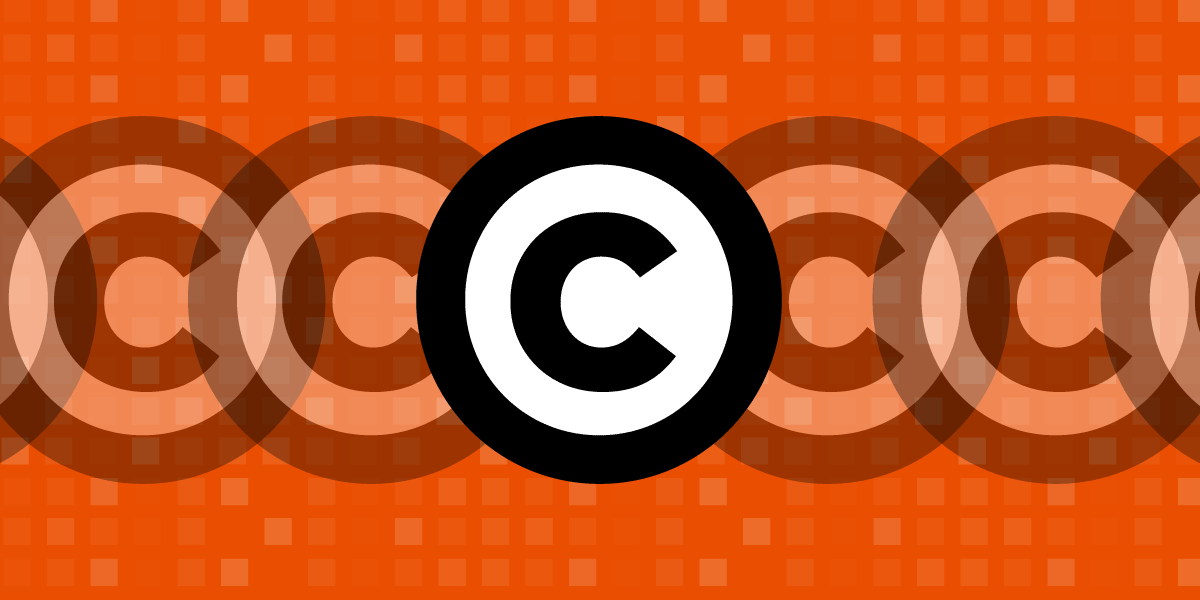The legal dispute between Thomson Reuters and ROSS Intelligence has sparked an intense debate about intellectual property and the use of artificial intelligence in the field of legal research. ROSS, an innovative startup, has developed a powerful AI-based legal search tool aimed at competing with established giants like Lexis and Westlaw. For the development of this tool, ROSS hired a company that analyzed thousands of Westlaw headnotes, which are summaries of legal conclusions from court decisions, and used this information to train its AI. It is important to note that ROSS’s tool did not reproduce the headnotes or paraphrases but simply guided users to the original rulings.
However, the plot thickened when Thomson Reuters filed a lawsuit against ROSS, accusing the startup of copyright infringement for using these summaries without proper authorization. Although in the early stages of the trial the court allowed ROSS to file counterclaims for anti-competitive practices and considered its use to be “fair use” under copyright law, the case took an unexpected turn when ROSS failed to justify its antitrust claim.
In a recent turn of events, the judge reversed his initial decision, determining that ROSS’s use of the headnotes was not protected and did infringe Thomson Reuters’ copyright. This resolution has raised concerns about public access to legal texts, as the court indicated that these summaries might be under copyright protection, which would limit the use of essential materials for the development of AI tools.
The Electronic Frontier Foundation (EFF) has decided to intervene in this case with an amicus brief, supported by several organizations. In their intervention, they argue that headnotes should not be considered material subject to copyright, as they are simply summaries of points addressed in court decisions and lack significant creative input. Furthermore, the EFF contends that even if they were considered protected, their nature as factual statements about the law should favor fair use.
This case represents one of the first legal efforts to address the complex relationship between copyright and artificial intelligence and could set an important precedent for future litigation in this area. The EFF seeks a thorough review of the case by the appeals court, arguing that the legal framework must facilitate the development of AI tools that assist researchers and lawyers in their interpretive work regarding the law.
Referrer: MiMub in Spanish
